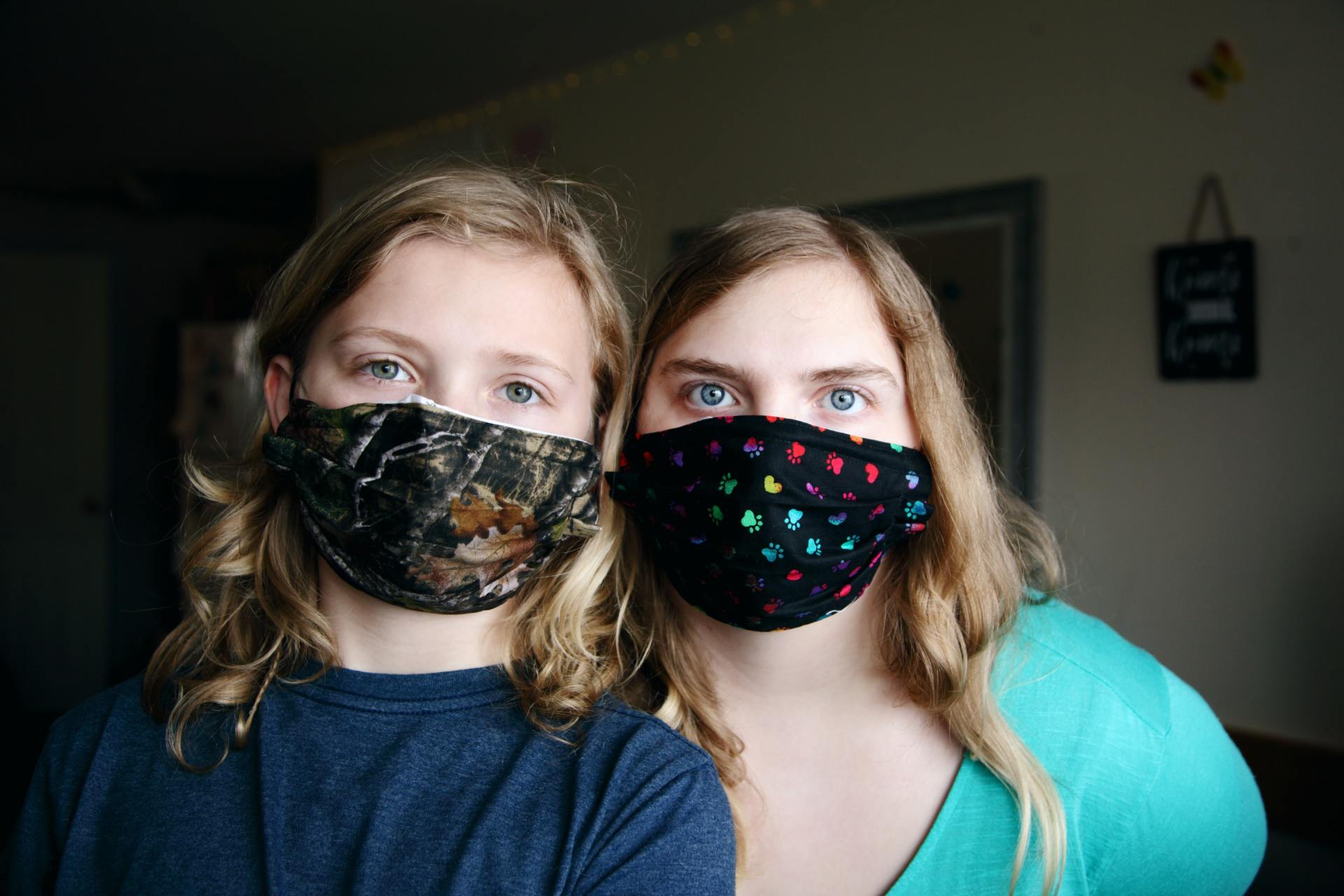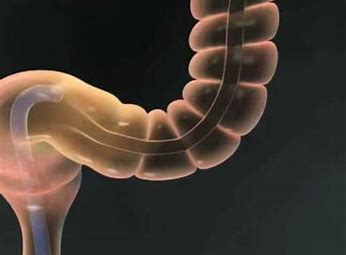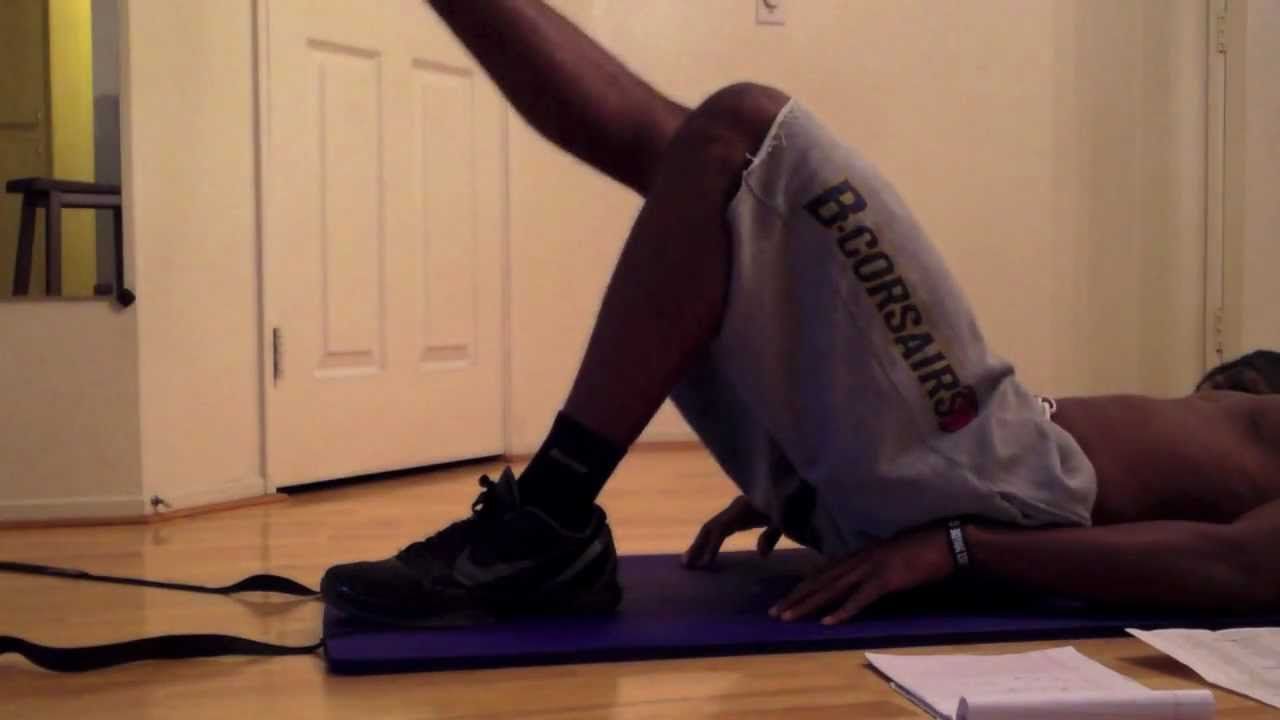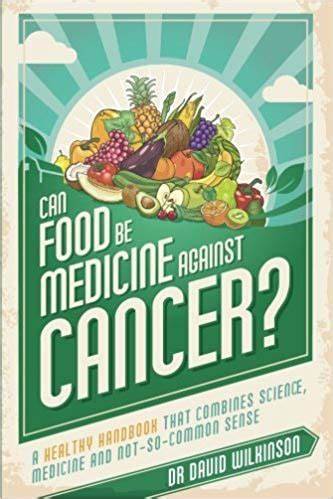Michael's Blog

Since late 2020, at the encouragement of one of my anesthetists, I have been recommending to all my patients undergoing procedures to use the Dex pre op carbohydrate drink, This is a relatively recent product developed specifically for pre op hydration. It is low in sodium , consists of complex carbohydrate (not just simple sugars, like Gatorade or other energy drinks). Dex has the support of both the Australian Society of Anesthetics and the Royal Australasian College of Surgeons. Dex has a compressive website ( www.dex.com.au ) which will provide answers to your queries and concerns This is an except from the dex.com.au website: Hospital fasting guidelines have advanced over the years, but unfortunately this has not translated to a change in practice or a better patient experience. Patients often arrive to the operating theatre in a poor physiological state. Current fasting regimes put the body in a catabolic state (the body is basically breaking itself down to provide it’s own energy) - this is not an ideal pathway for patients. We should not be depleting the body of energy and excessively dehydrating patients before the stress of surgery. Coordinating a patient for surgery is a logistically complex task, and hospitals generally perform this logistical challenge well. But….. Hospitals need better, patient-friendly fasting instructions. Hospital staff (mostly non-medical clerks) are tasked with providing patients fasting instructions, usually the day before surgery. Communication of fasting instructions also needs improvement. Patients are called, or seen in preadmission clinic before surgery. In the consult there is no focus on preoperative nutrition. Instead prospective nervous patients are presented with a confusing picture of multiple fasting options (black coffee, ilk in tea, apple juice, no pulp, food 6 hours before, clear fluids 2 hours before etc) whereby the patient comprehends that basically they might die if they eat or drink anything, and that their surgery will be cancelled if their allocated anaesthesiologist finds out they didn’t comply. Complete oral abstinence is presented as being equivalent, if not more superior, to having a liquid meal. As a result of this, patients starve themselves in an attempt to be “more safe”. This is bad practice and does harm the patient. The responsibility for a surgical patient should not start when surgery commences. It should begin much earlier. Unintentionally, hospitals are perpetuating a starvation culture before surgery by misguiding efforts and resources. Fasting instructions can be simple and the solution can be simple. Long conversations with patients about fasting and detailed pamphlets are not necessary. As health professionals, we should never forget that how the patient feels is important. We want to help hospitals broaden their vision and facilitate the provision of healthcare before the operation begins. We want patients to be optimised before the operation. We understand that hospitals have competing priorities, but what we are offering is a simple solution. Patients want to feel nourished, strong and hydrated before surgery. This is easily achieved - fasting communication between hospital and patient must change. We at Dex believe we can simplify fasting instructions and improve patient outcomes across the globe. We have produced a surgery-specific complex carbohydrate drink. Our drink is better than any other product on the market. Dex succeeds in keeping patients comfortable before surgery and in shifting a patient’s metabolism into a state of building and repair before the surgical stress even takes place.

The World Health Organization and the CDC have repeatedly said that most people do not need to wear masks unless they are sick and coughing. In February, the U.S. surgeon general even urged the public to stop buying medical masks, warning that it would not help against the spread of the coronavirus. Part of the reason was to reserve N95 respirators and masks for healthcare workers like myself who are on the front lines and exposed to people with COVID-19. As recently as early February, the World Health Organization stated that viral transmission from asymptomatic people was likely “rare,” based on information available at the time. But a growing body of data now suggests that a significant number of infected people who don’t have symptoms can still transmit the virus to others. Today, there is much more data and evidence on how COVID-19 is spread, and the prevalence of the disease itself is far more widespread than previously thought. As recently as early February, the World Health Organization stated that viral transmission from asymptomatic people was likely “rare,” based on information available at the time. But a growing body of data now suggests that a significant number of infected people who don’t have symptoms can still transmit the virus to others. A CDC report issued March 23 on COVID-19 outbreaks on cruise ships offers a glimpse of the danger. It describes how the testing of passengers and crew on board the Diamond Princess found that nearly half – 46.5% – of the more than 700 people found to be infected with the new coronavirus had no symptoms at the time of testing. The CDC explained that “a high proportion of asymptomatic infections could partially explain the high attack rate among cruise ship passengers and crew.” Dr. Harvey Fineberg, former president of the National Academy of Medicine and head of a new federal committee on infectious diseases, told CNN on April 2 that he will start wearing a mask in public, especially at grocery stores, for this very reason. “While the current specific research is limited, the results of available studies are consistent with aerosolization of virus from normal breathing,” he said. It is these “silent carriers” – people infected with the virus but without fever, cough, or muscle aches – that proponents of universal mask wearing point to as proof that more could be done beyond social distancing to slow the virus’s spread. While research on the effectiveness of universal mask wearing for reducing respiratory droplet transmission is still thin, there is evidence to support it. Research on SARS, another coronavirus, found that N95 masks were highly effective at blocking transmission of that virus. Even ill-fitting medical face masks have been found to interrupt airborne particles and viruses, keeping them from reaching as far when someone sneezes. Another study determined that, while masks made out of cotton T-shirts were far less effective than manufactured surgical masks in preventing wearers from expelling droplets, they did reduce droplets and were better than no protection at all. The universal use of mouth and nose covering with masks is a low-risk intervention that can only assist in reducing the spread COVID19. If everyone wears a mask, individuals protect one another, reducing overall community transmission. It could even remind people not to touch their faces after touching potentially contaminated surfaces. As the research shows, masks aren’t shields. It’s still important to help prevent transmission by practicing social distancing by staying at least 1.5 m away from others in public, staying home as much as possible, and washing hands frequently and properly






